The first time I encountered August Wilson’s The Piano Lesson, I was struck by its profound power its ability to weave together the complexities of history, identity, and legacy in a narrative that felt both deeply personal and universally relatable. Wilson’s words breathe life into the story, painting vivid portraits of resilience, heritage, and family. These themes linger long after the final scene, speaking directly to the heart of anyone who has experienced the weight of history.
As someone who has always admired Wilson’s ability to create art that resonates with the soul, I was eager when I heard that Malcolm Washington would be adapting The Piano Lesson into a feature film. How would this timeless story translate onto the screen? What new layers would it uncover? And when I finally held the Assouline coffee table book in my hands, it felt like stepping behind the curtain of this transformative adaptation—a chance to see the film’s heart and soul.
This book is far more than just a beautifully crafted keepsake; it’s a journey into the art of filmmaking and storytelling. Katia Washington’s intimate on-set photography captures the essence of the production, offering a behind-the-scenes look at the collaboration and raw emotion of the cast and crew. From the quiet moments of the creative process to the intensity of the performances, the images allow us to connect with the film’s deep emotional core.
Moreover, the costume sketches throughout the book bring a tactile dimension to the story, illustrating how every detail was thoughtfully considered to honor the rich cultural and historical context of Wilson’s play. But perhaps the most moving aspect of the book is Danielle Deadwyler’s poetic reflections on the story’s impact. Her words illuminate why stories like The Piano Lesson continue to matter, reminding us of the importance of preserving and celebrating our cultural narratives.
Yet, the true magic of this book lies in the candid conversations between Malcolm and John David Washington. Their dialogue feels like an open window into the care, intentionality, and deep respect with which they approached their adaptation of Wilson’s masterpiece. It’s a beautiful testament to the ongoing legacy of August Wilson, whose work continues to shape the cultural landscape and influence generations of storytellers.
Reading through the pages of The Piano Lesson coffee table book is like holding a love letter to storytelling. It’s a celebration of the artistry behind the adaptation and a tribute to the lives and legacies that this production seeks to honor. If you’ve ever felt the power of a story to transform, to heal, and to connect, this book will resonate deeply with you.
Let’s Chat Have you experienced The Piano Lesson whether through August Wilson’s original work, a live performance, or this transformative film adaptation? How do stories of family, legacy, and identity resonate with your own life? I’d love to hear what moves you and how these themes have impacted your own perspective on the past, present, and future. Check out our Conversation Between Books post here.
A Personal Reflection August Wilson’s dedication to capturing the Black experience through an authentic and heartfelt lens is a constant source of inspiration for me. His ability to weave cultural history with personal storytelling reminds me of the importance of perspective, voice, and authenticity in art. The Piano Lesson has always been more than just a play for me it’s a profound meditation on how the past shapes us and how it anchors and propels us forward. Wilson’s work continues to encourage me to embrace my own narrative, to honor my roots, and to trust in the transformative power of art to heal and connect us all. Check out our other Coffee Table Book of the month here.
You don’t need a plan just curiosity. The Art of Wonder is a self-paced 4-week course to help you slow down, notice more, and reawaken your creative gaze. HERE!
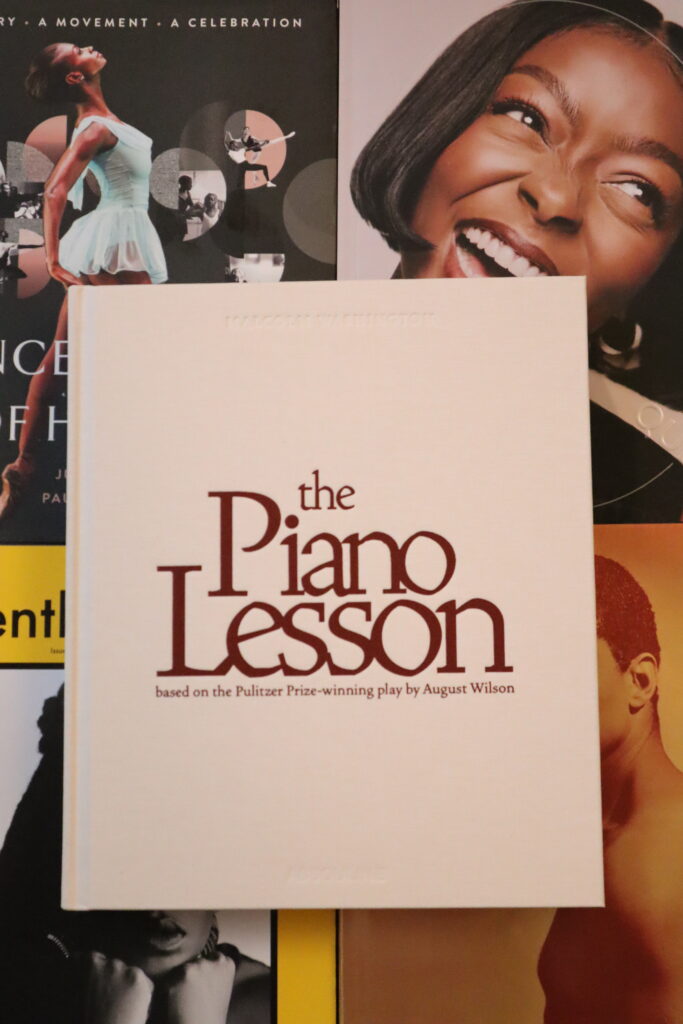
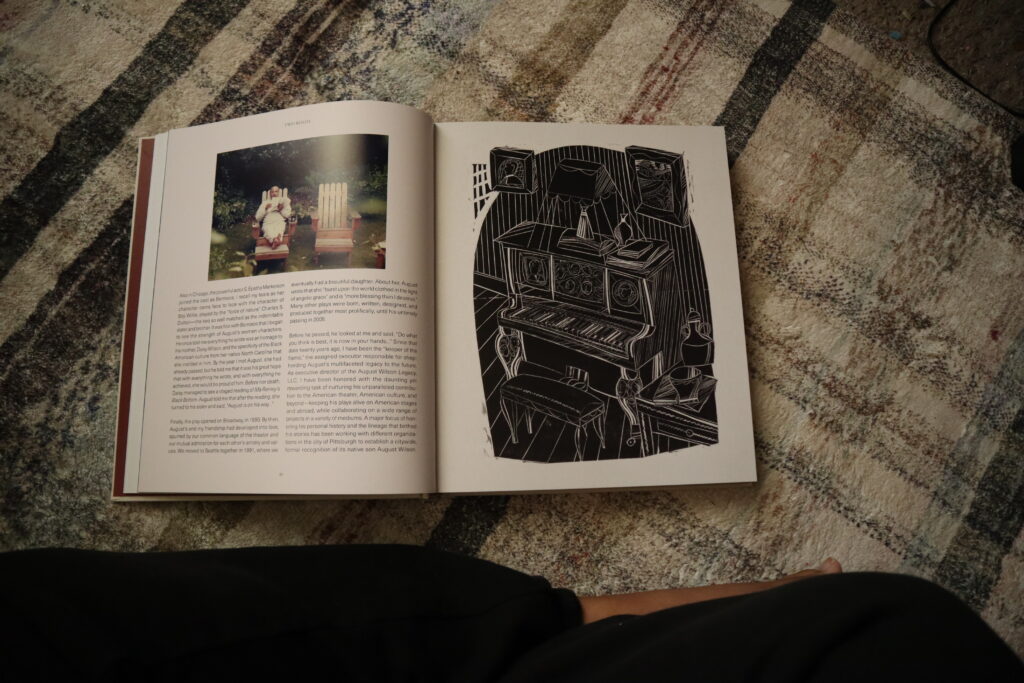
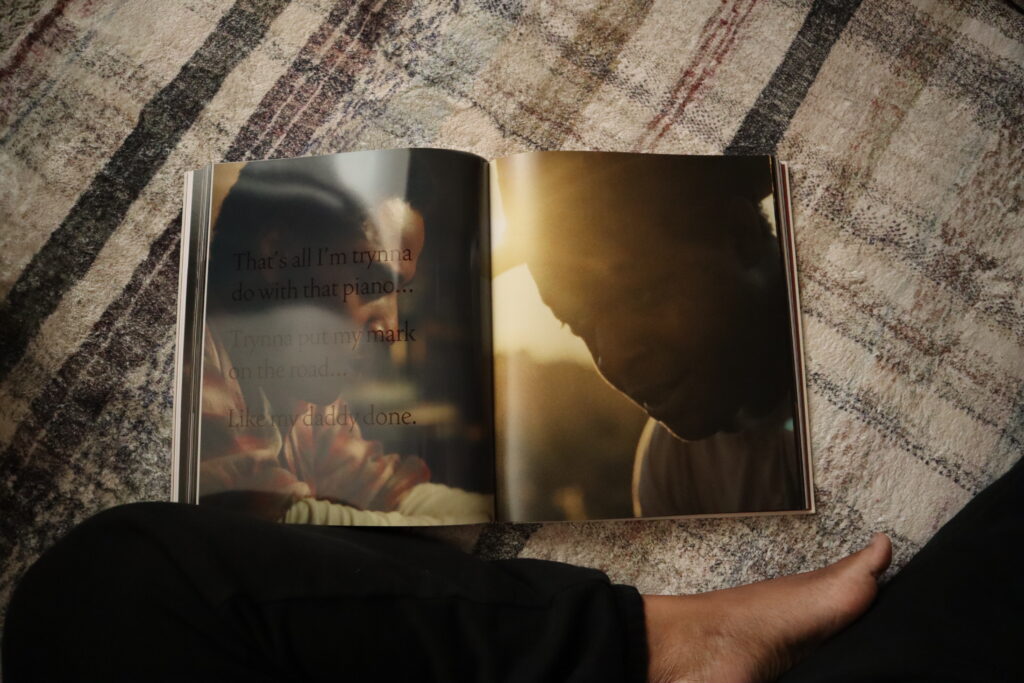
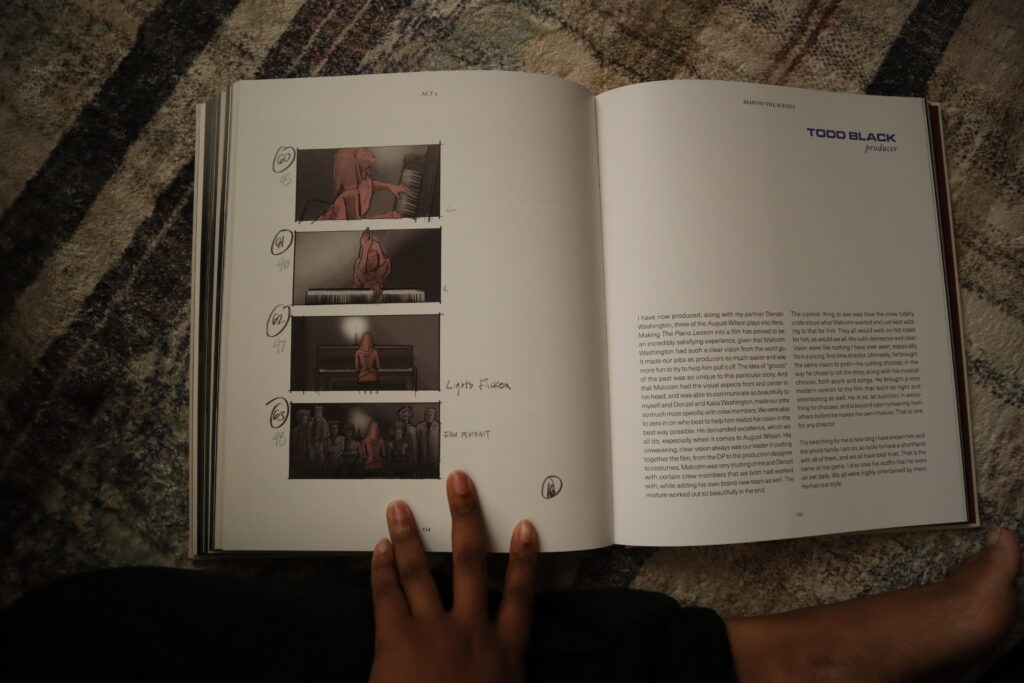
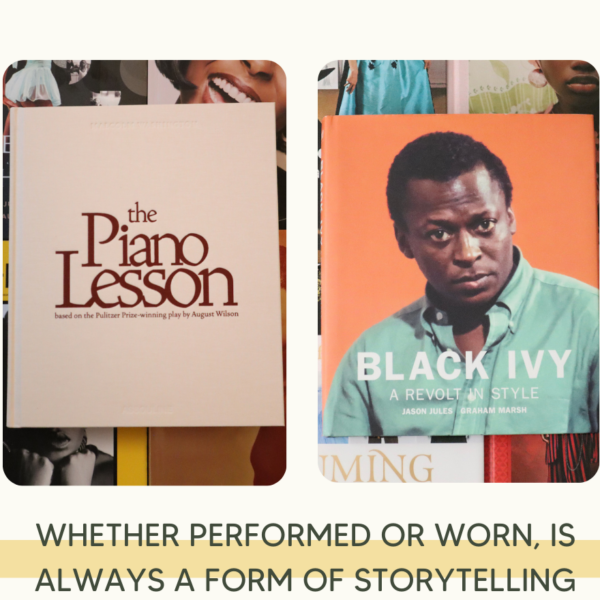
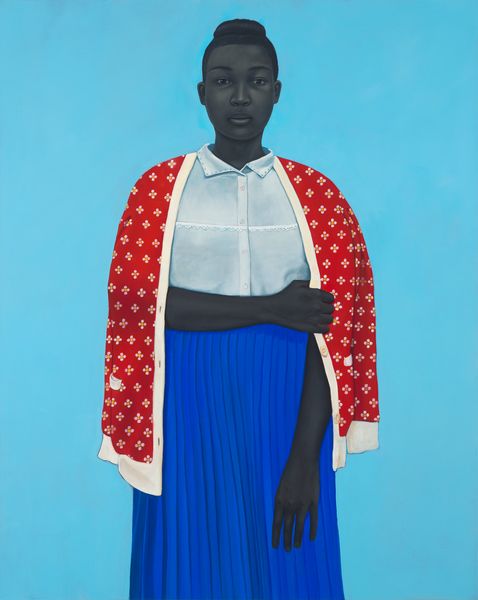
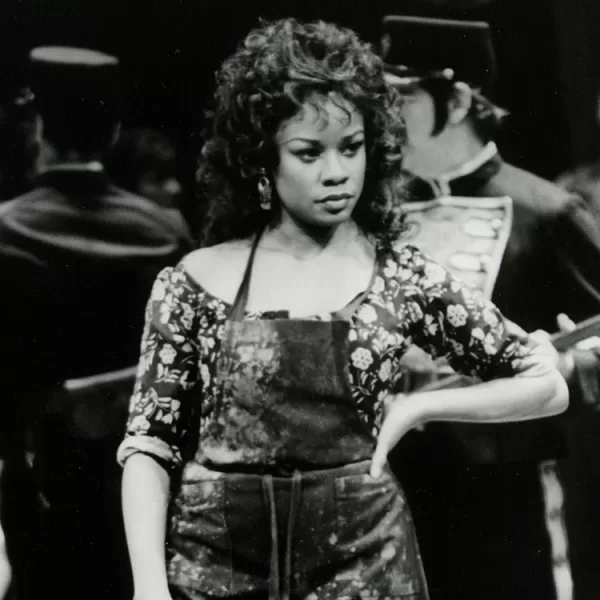
[…] The Piano LessonAdapted from August Wilson’s play, this film explores family, history, and the stories we carry. Check out our post here. […]